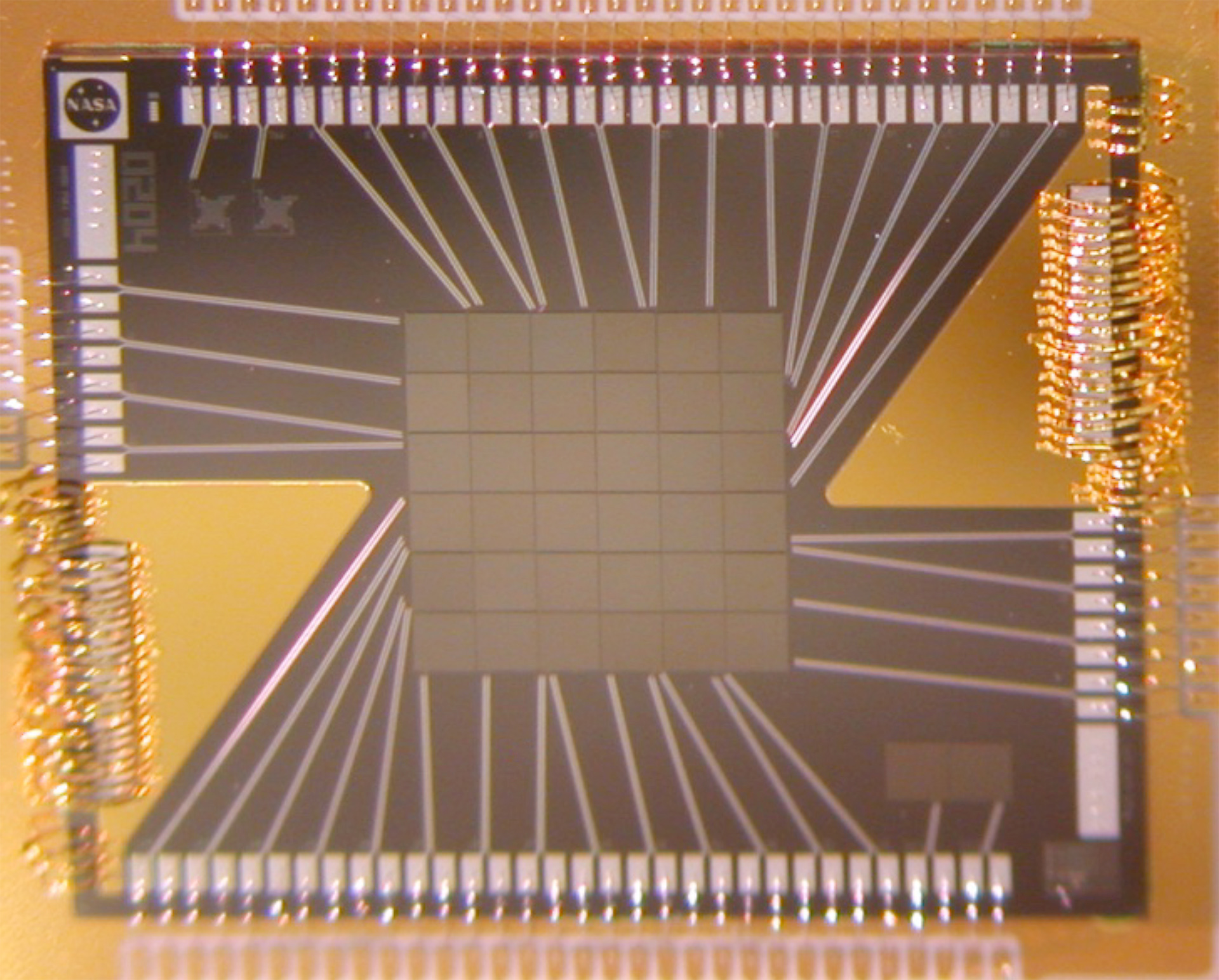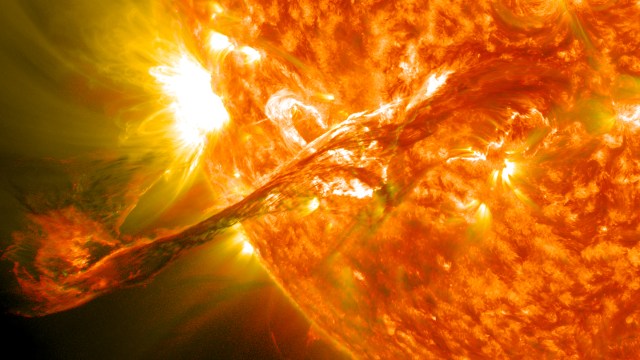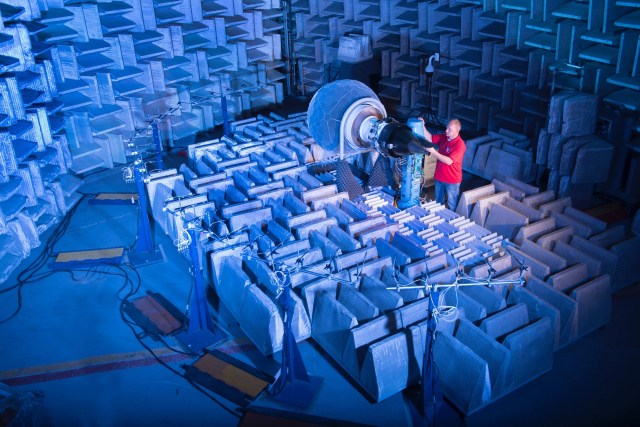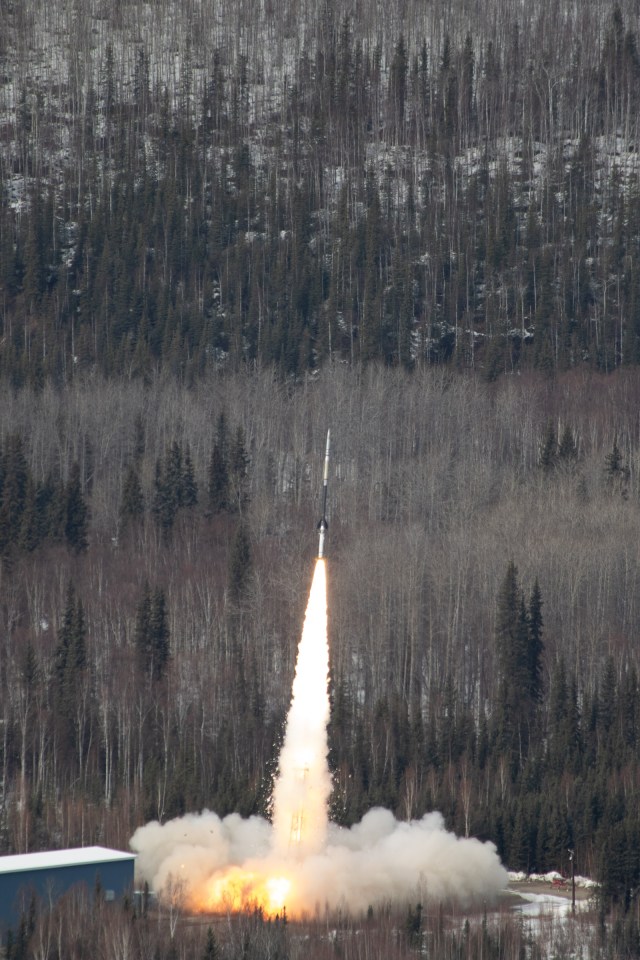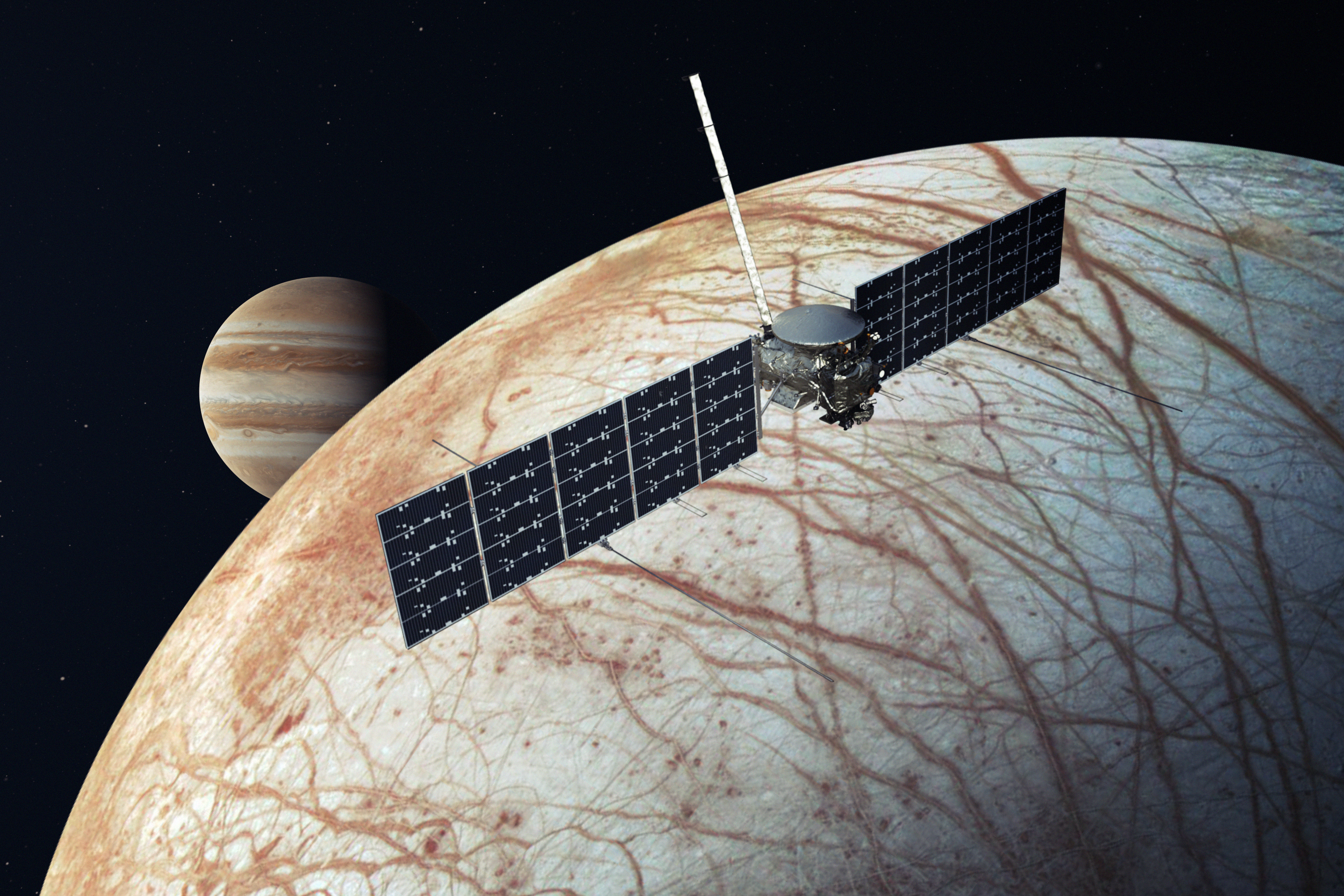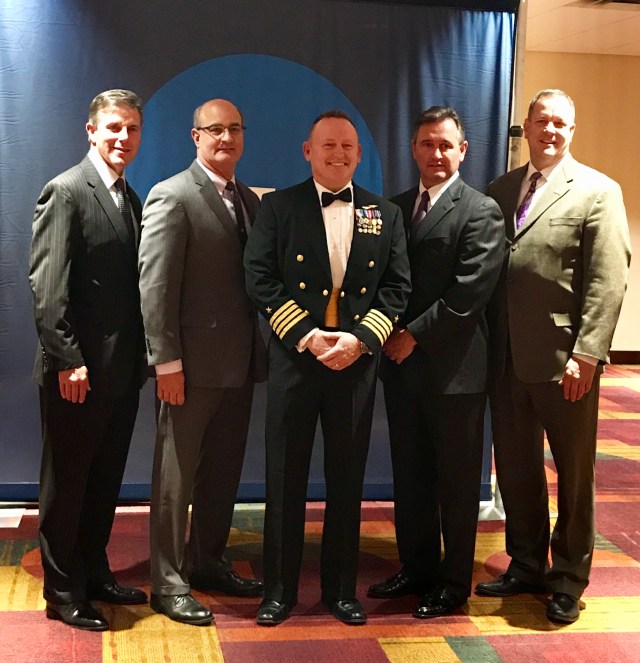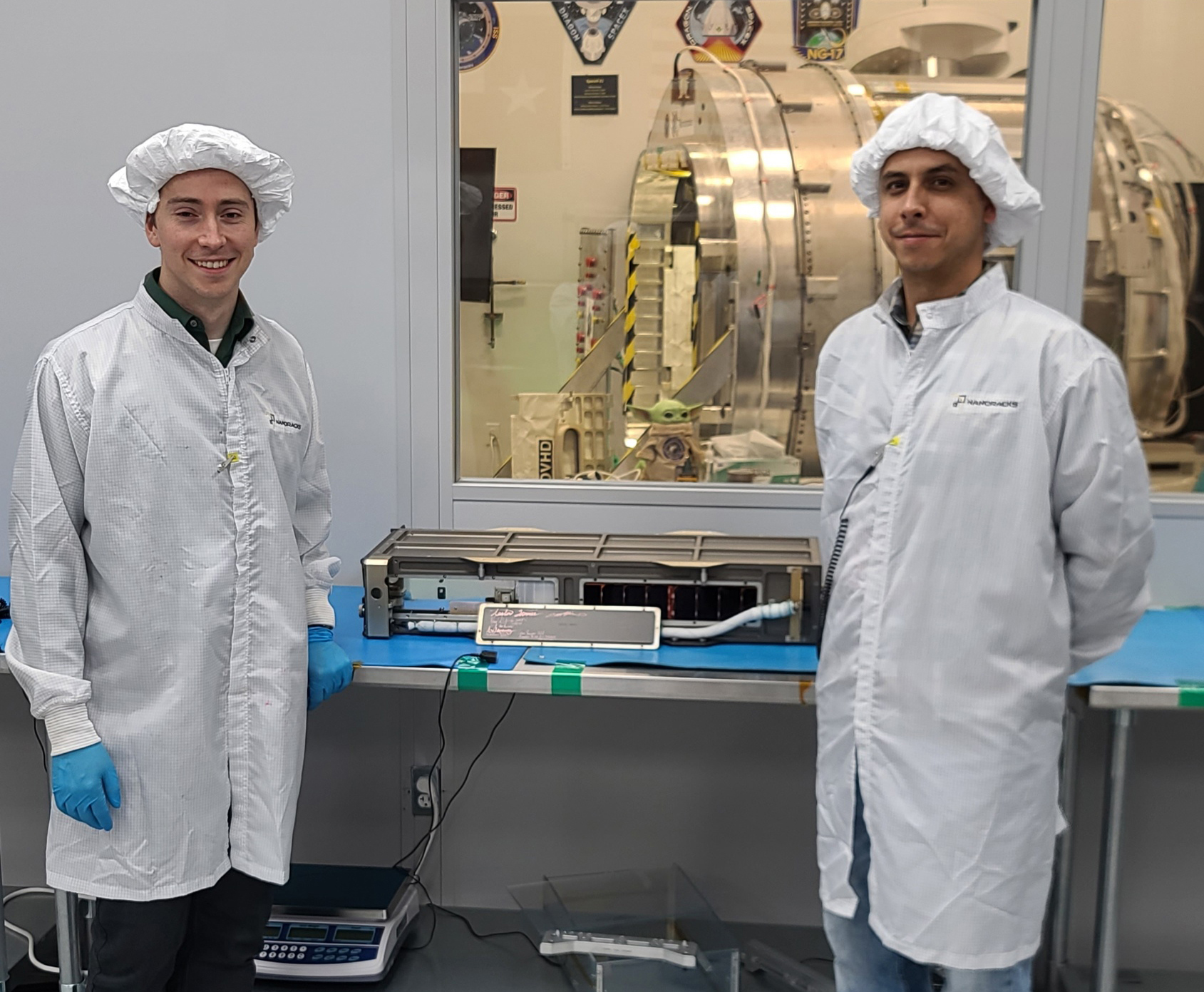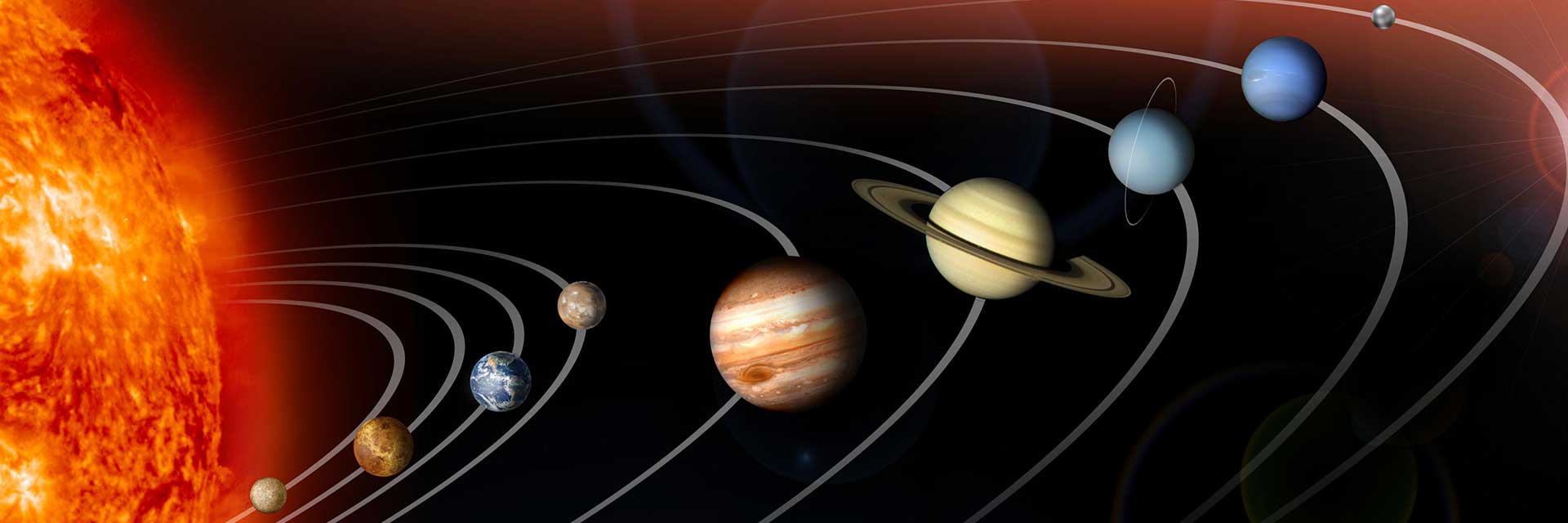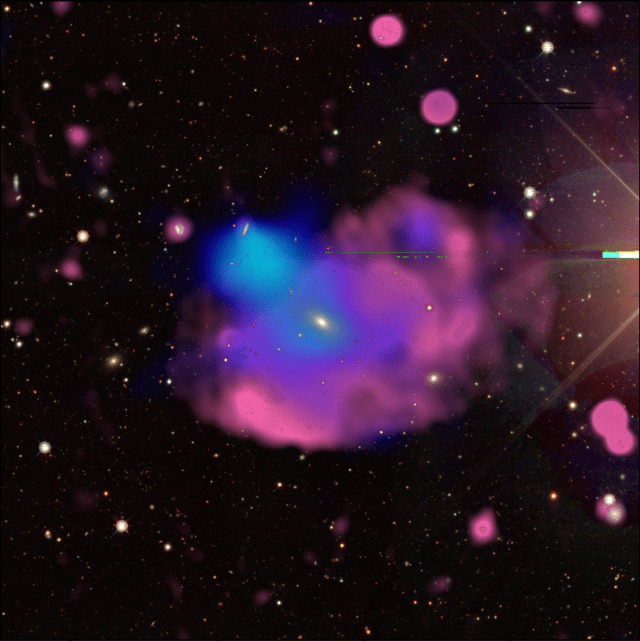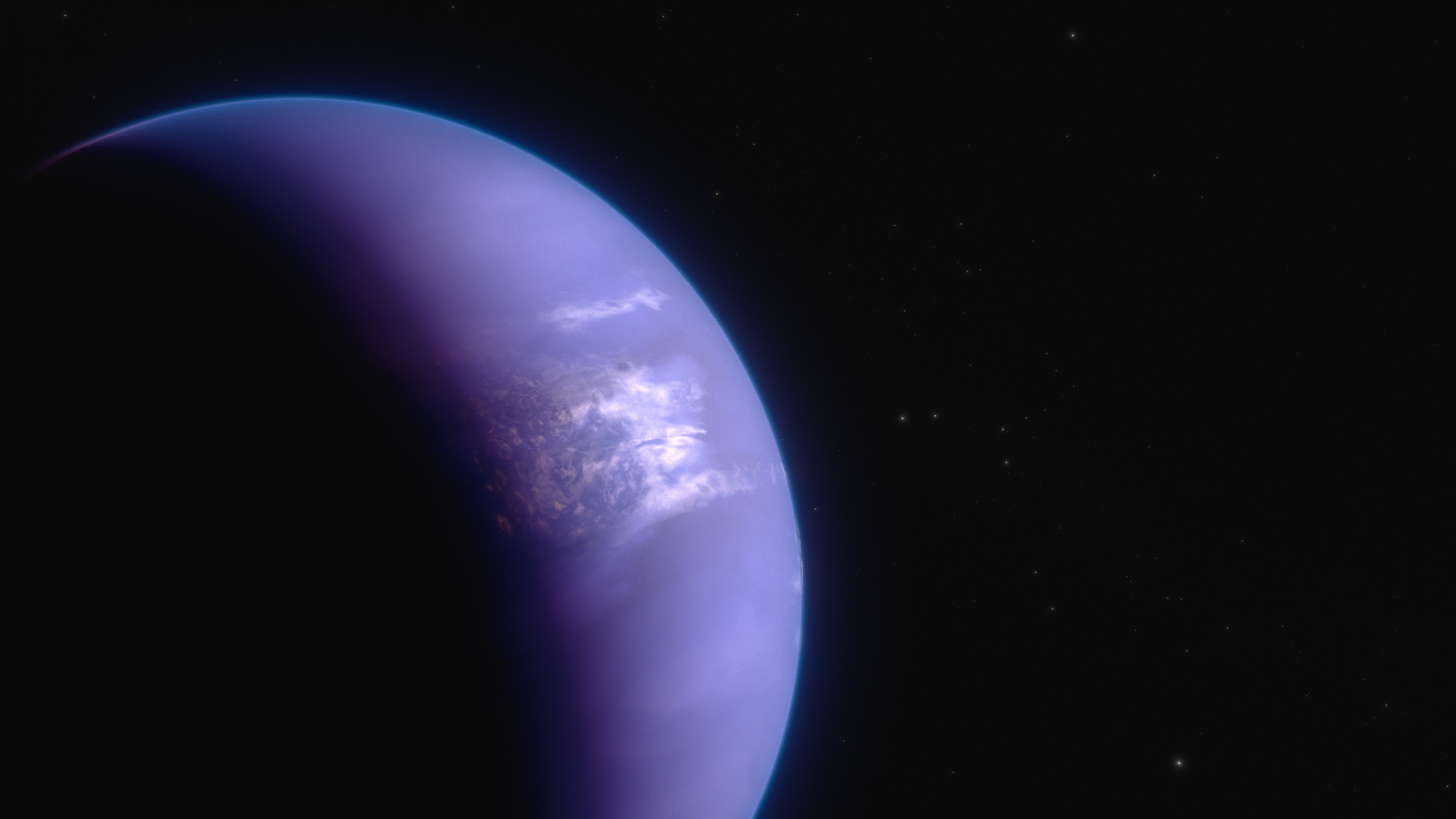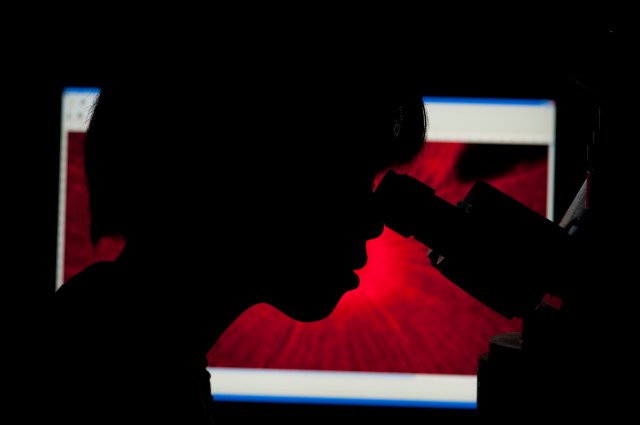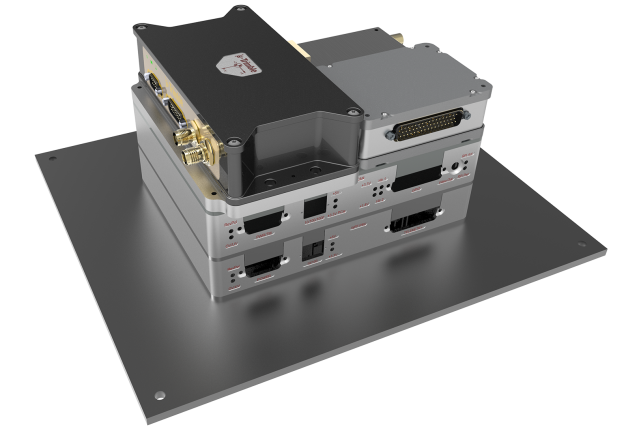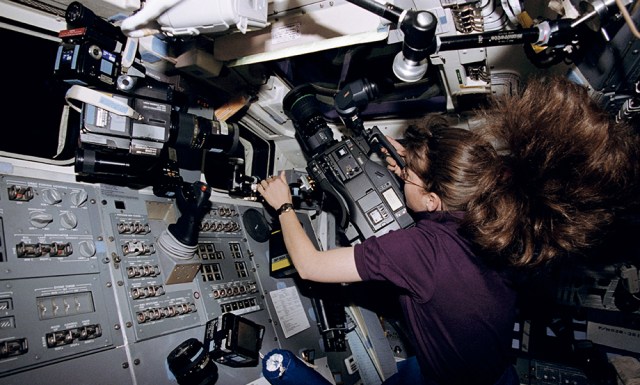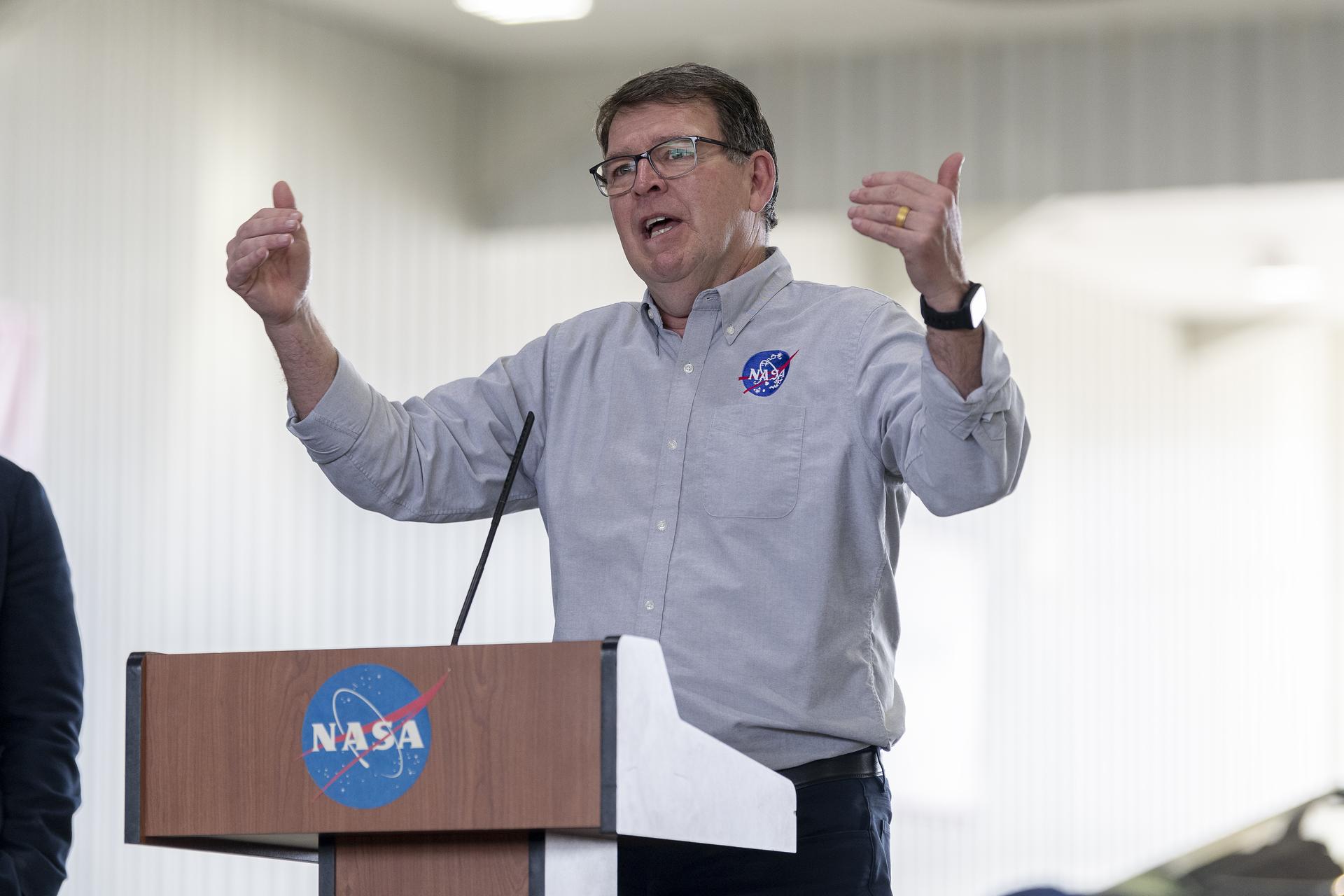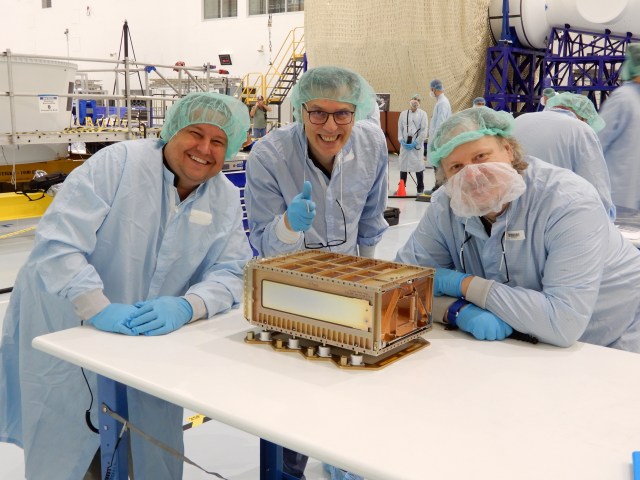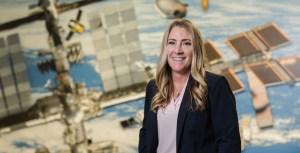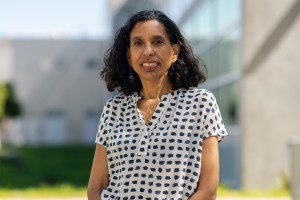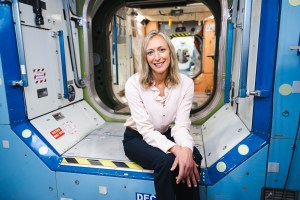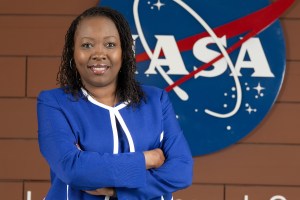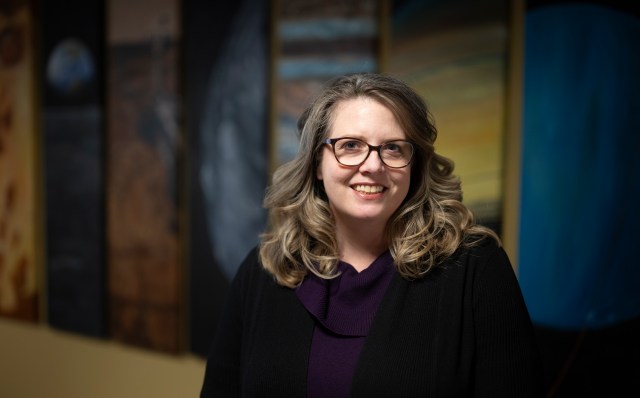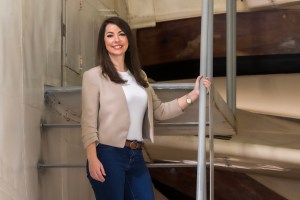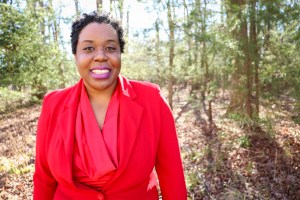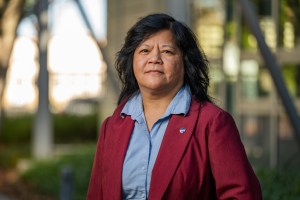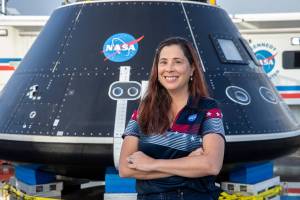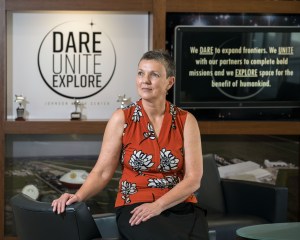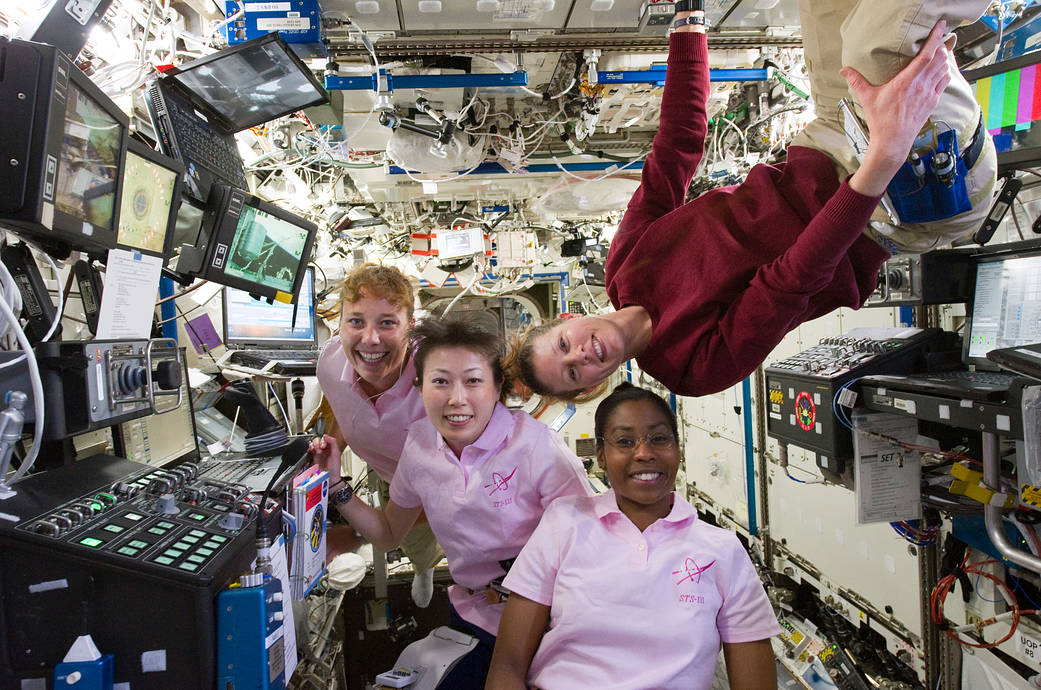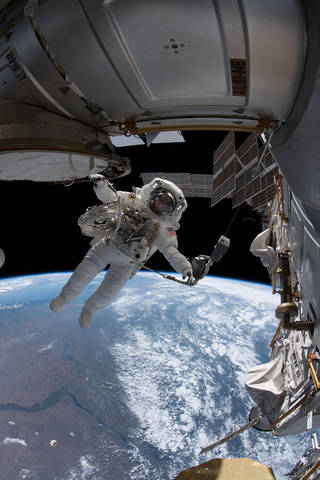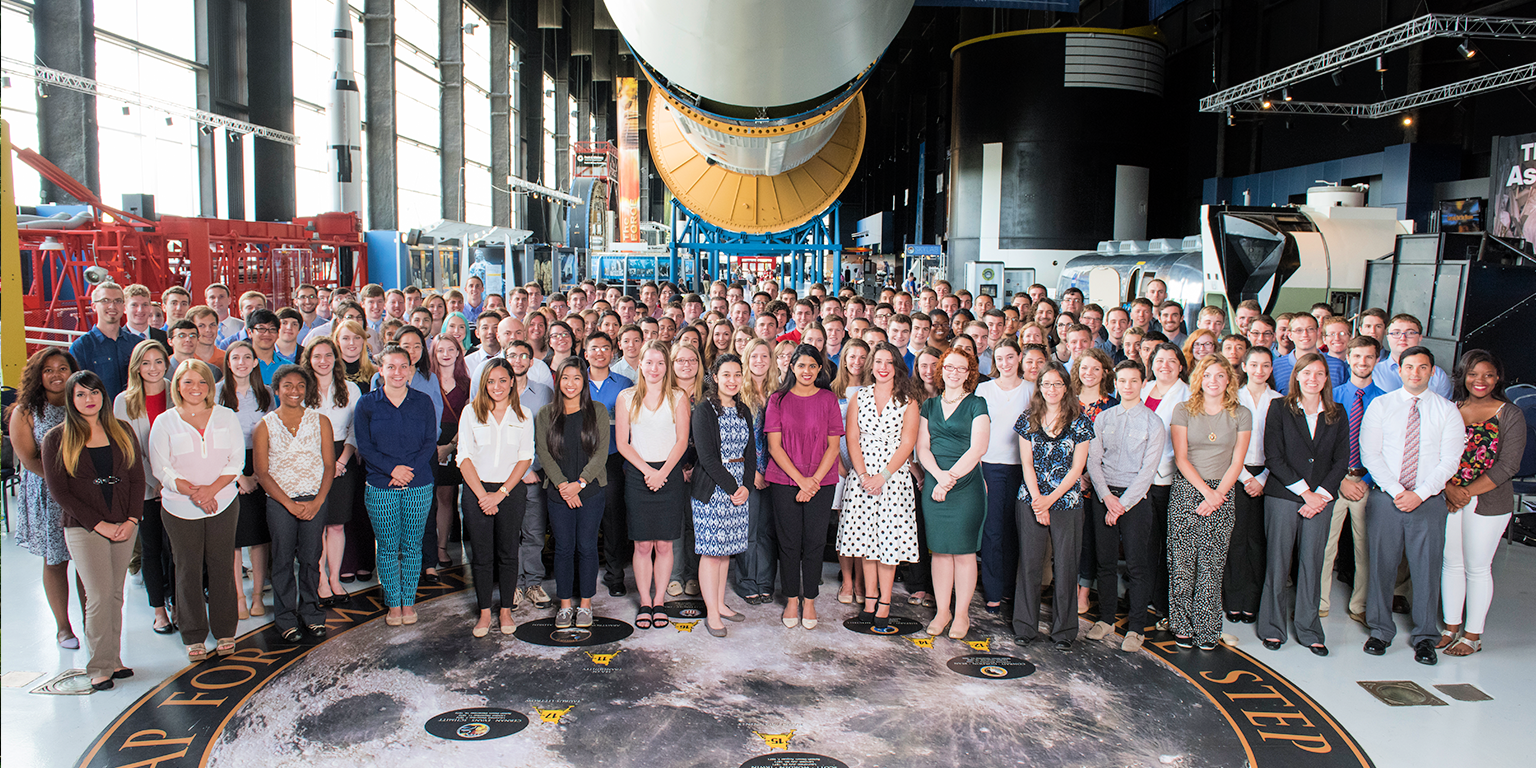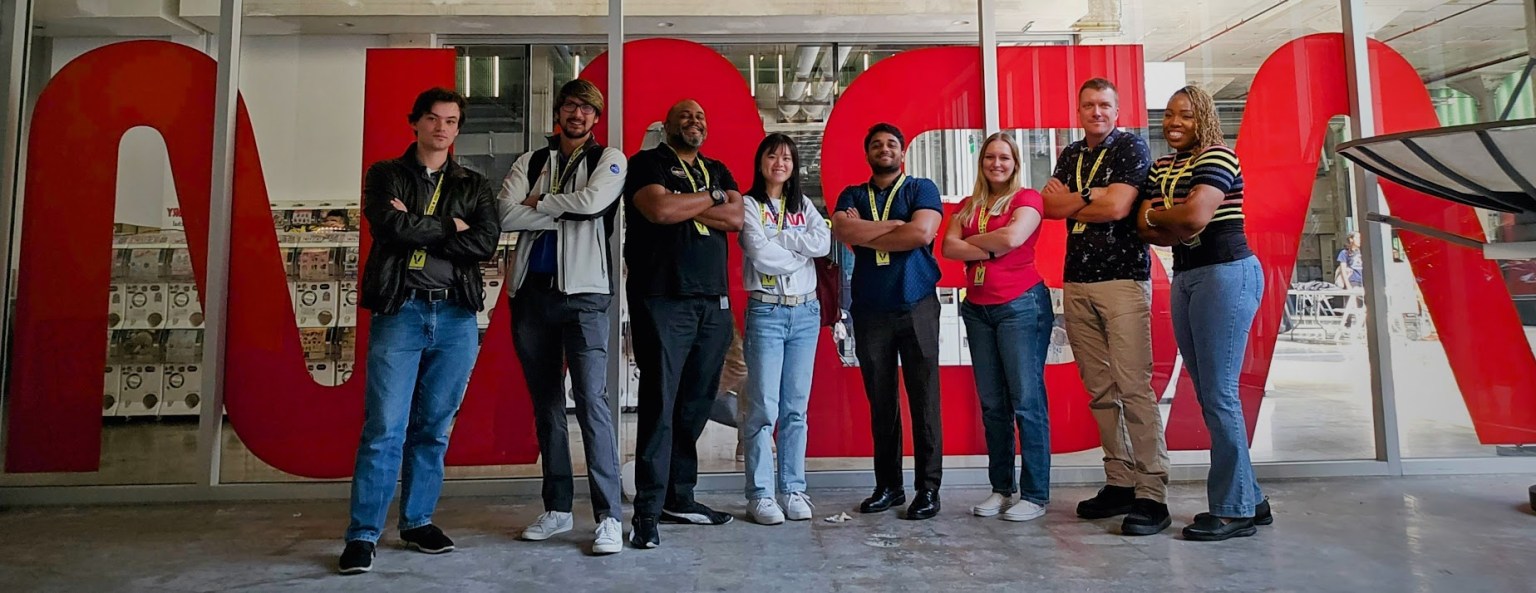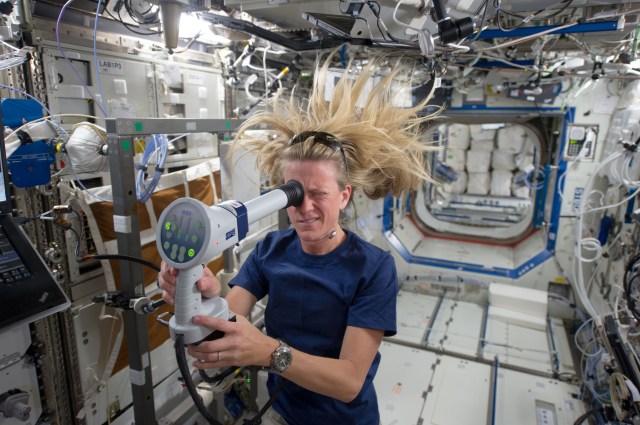
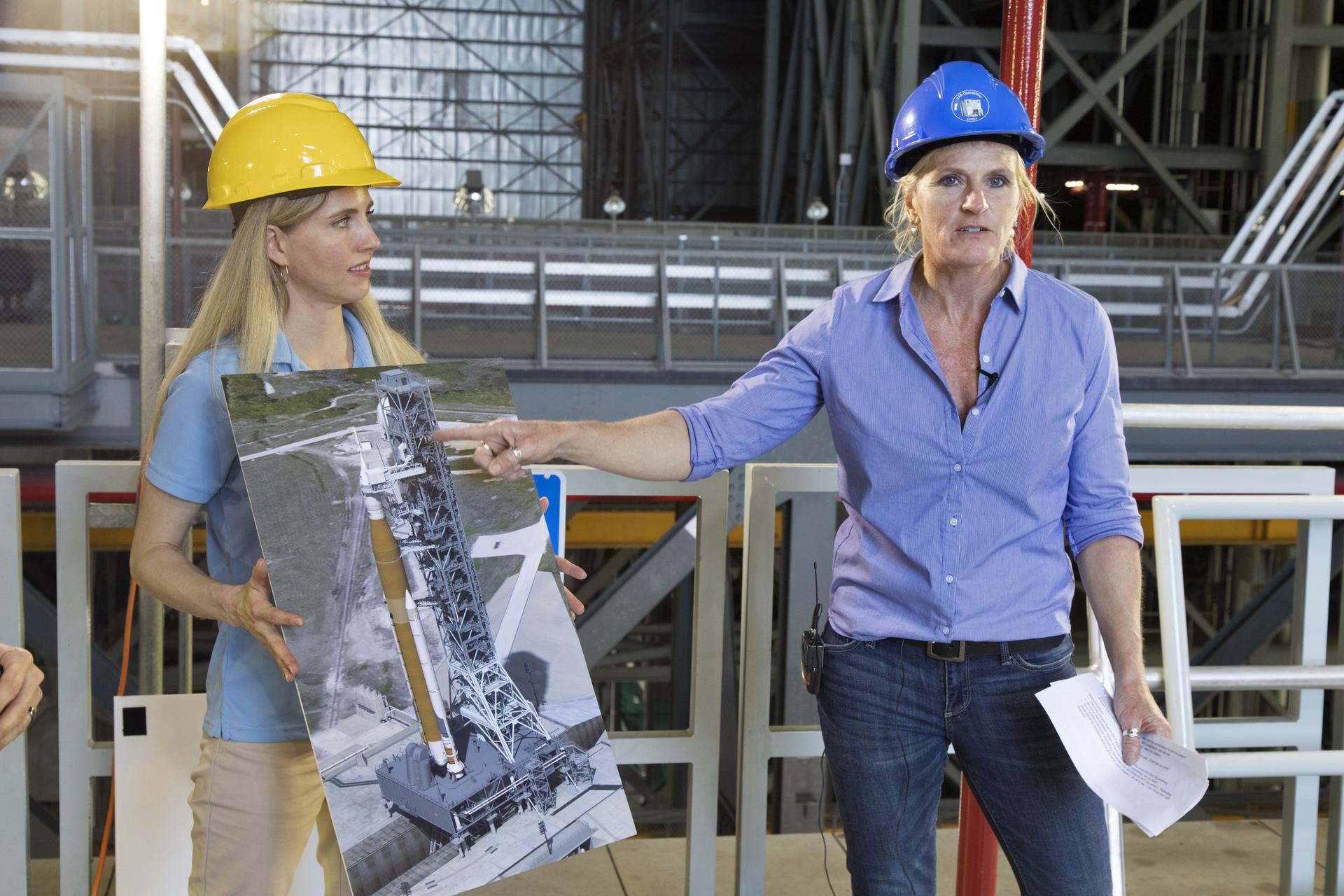
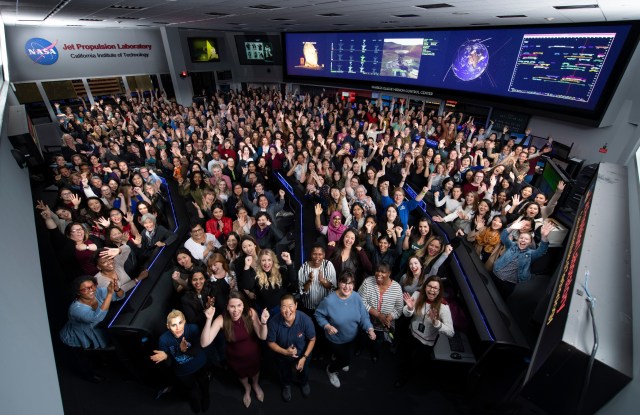
Women at NASA
Women are making history at NASA every day. Celebrate our past and look to our future as we continue to drive innovation and push the envelope.
Pioneers to New Frontiers: NASA Women Through the Decades
Celebrate Women’s History Month with us as we pay tribute to scientists, engineers, astronauts, and leaders who continue to pave the way for future generations of explorers.
Women's History Month at NASAWomen at NASA Articles
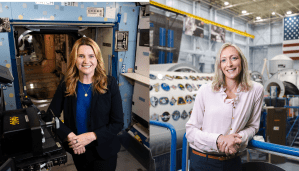
The International Space Station provides researchers access to the unique features of low Earth orbit: long-duration microgravity, exposure to space,…
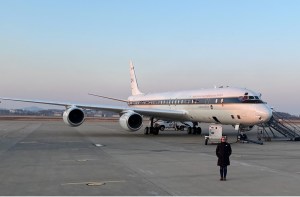
In honor of Women’s History Month, we caught up with the ASIA-AQ team on the other side of the Earth…
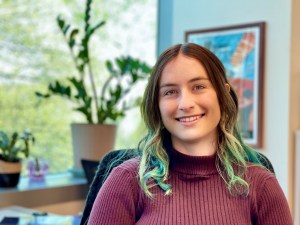
Melanie Grande works in mission design and systems analysis at NASA’s Langley Research Center, where she has contributed to planning…
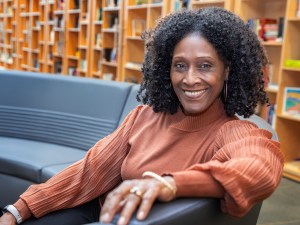
Gwendolyn Wheatle currently serves as the Administrative Assistant for the Office of STEM Engagement at NASA’s Langley Research Center in…
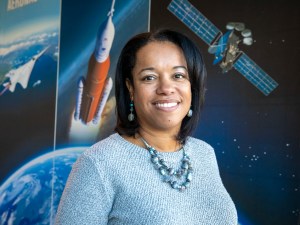
Dr. Kanama Bivins currently serves as the Acting Associate Director at NASA’s Langley Research Center in Hampton, Virginia. Prior to…

Anum Ashraf is a Climate Scientist at NASA’s Langley Research Center in Hampton, Virginia. Originally set on pursuing a medical…
Women in STEM Careers
Women have always played a critical role in NASA’s history. From the first black female engineer to the first female astronaut—many of our female pioneers have been the “first” to achieve something monumental in their fields. Today, the women of NASA continue to lead and inspire in science, technology, engineering and mathematics (STEM) and truly make an impact on society.
Find Out More About Women in STEM at NASA about Women in STEM Careers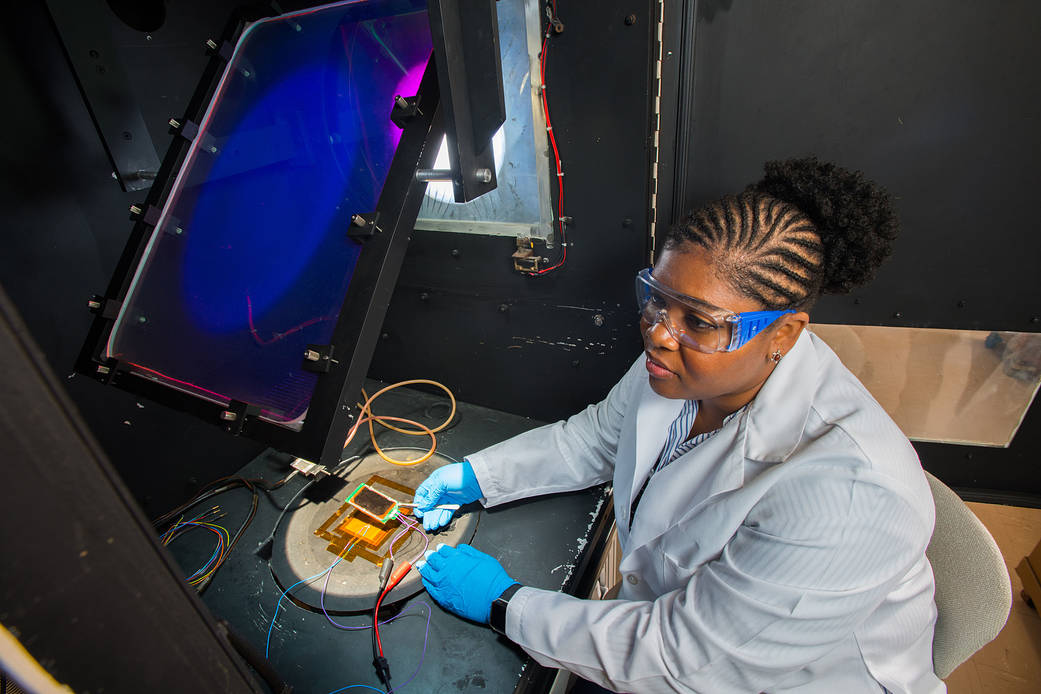
Women at NASA History
Meet some of NASA's trailblazers who helped forge a path for women at NASA.
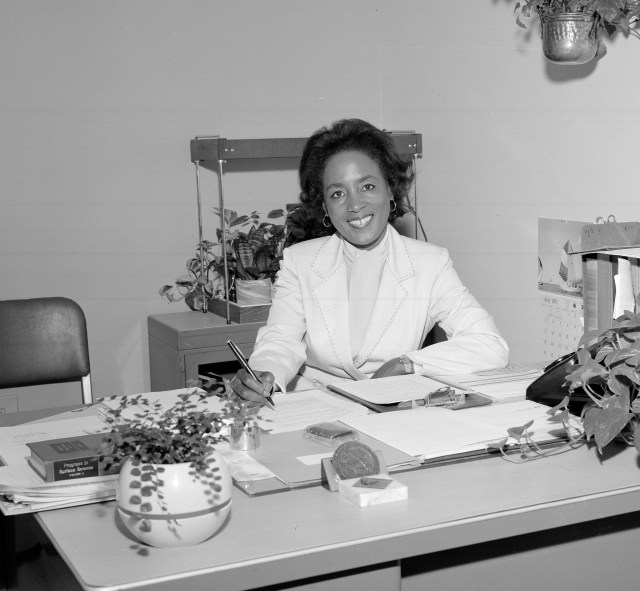
Annie Easley
Excerpt of the edited oral history transcript of a human computer and computer programmer at NASA’s Glenn Research Center.

Katherine Johnson
Katherine Johnson was a pioneer for women everywhere. Learn more about her journey to NASA and her contributions to the agency.
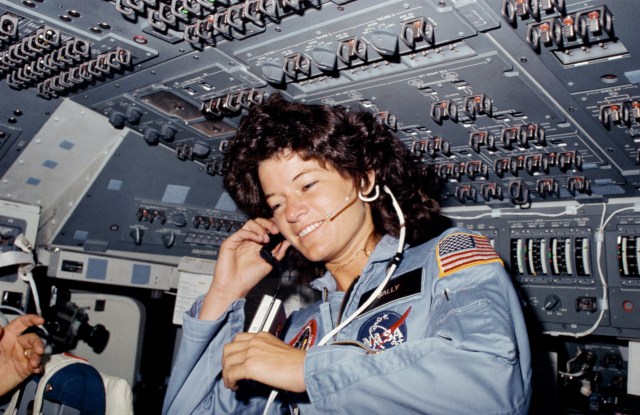
Former Astronaut Sally Ride
Dr. Ride was selected as an astronaut candidate by NASA in January 1978. Sally Ride was the first American woman to fly in space.
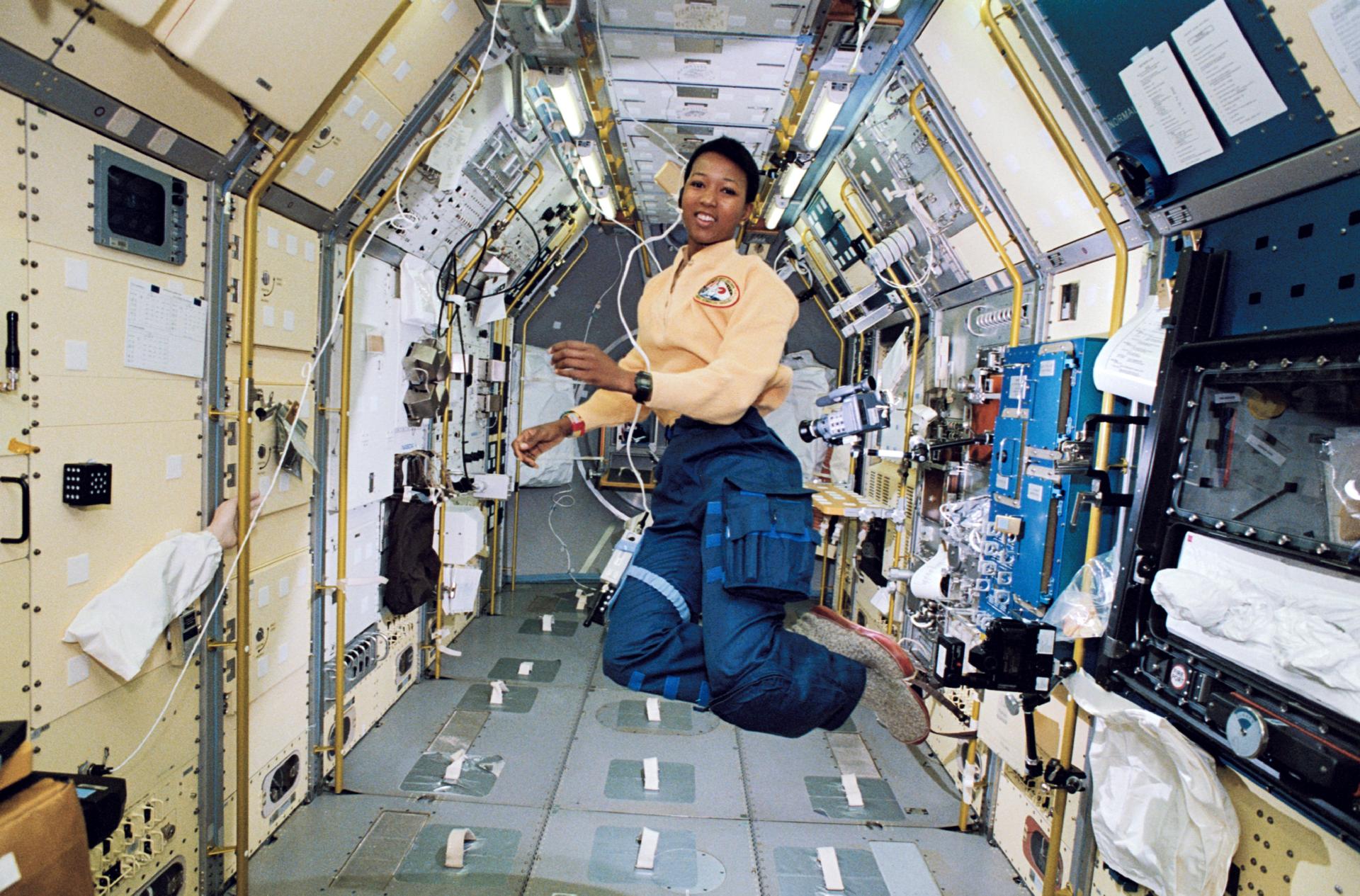
Former Astronaut Mae Jemison
Dr. Jemison applied and was selected by NASA as an astronaut candidate in 1987 and became the first African American woman in space.
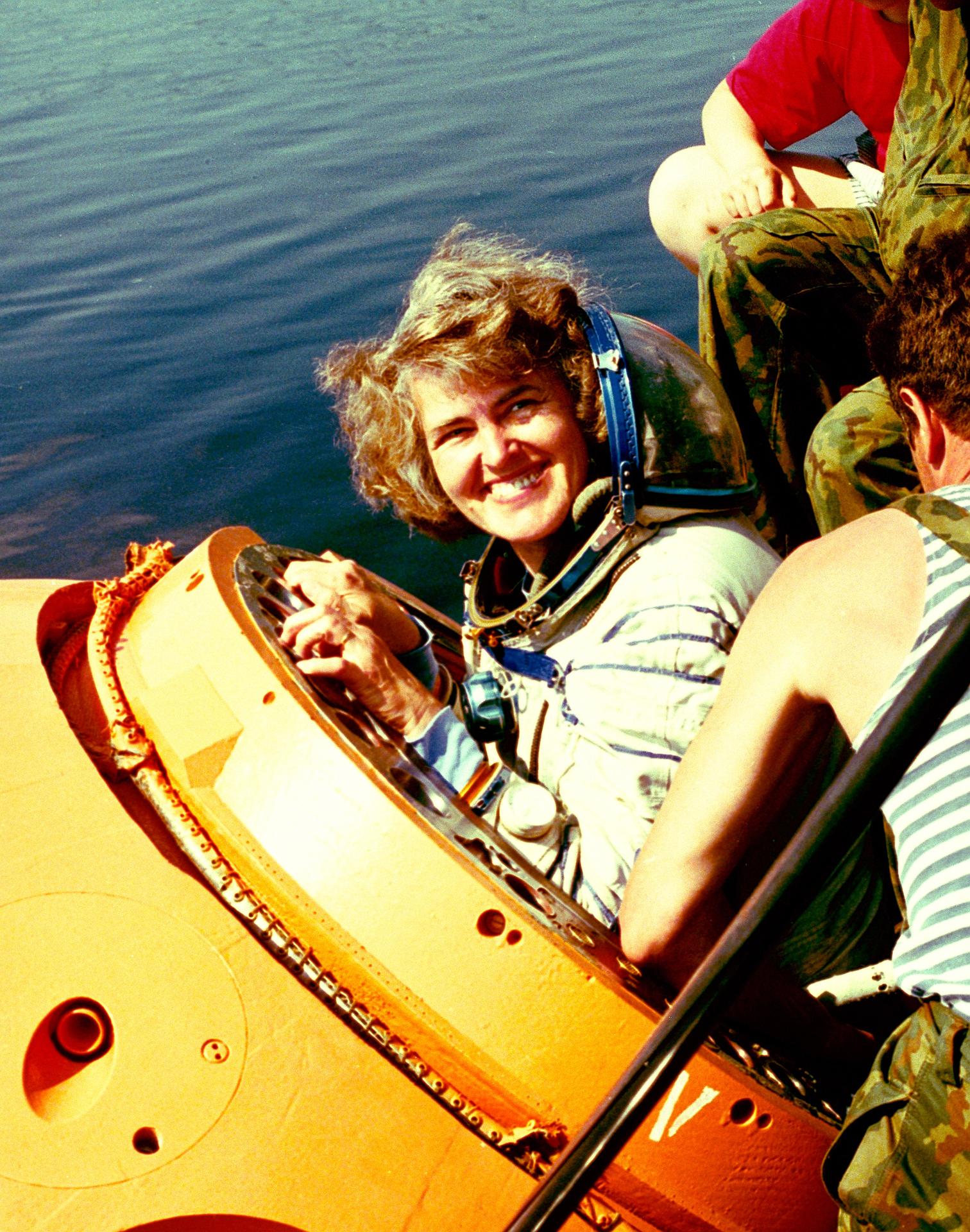
Former Astronaut Shannon Lucid
Dr. Lucid became an astronaut in August 1979 and qualified for assignment as a mission specialist on the Space Shuttle. Dr. Lucid currently holds the U.S. single-mission spaceflight endurance record on the Russian Space Station Mir.
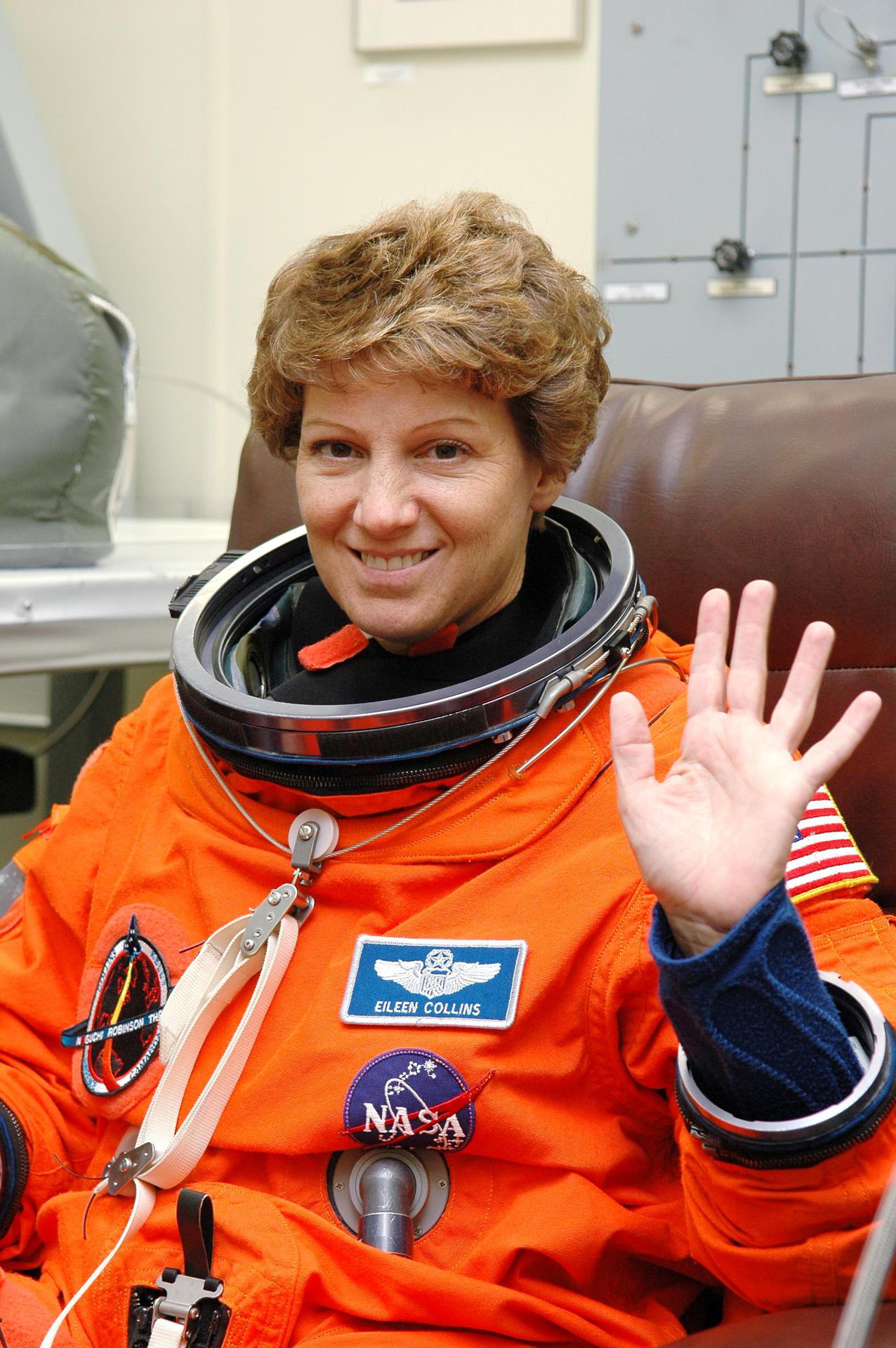
Former Astronaut Eileen Collins
Eileen Collins was selected as a NASA astronaut in 1990. Collins has the distinction of being the first female pilot and the first female commander in shuttle history.

